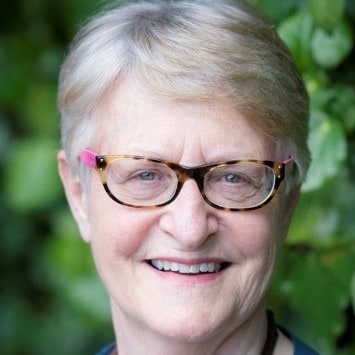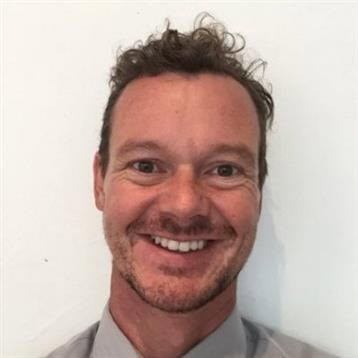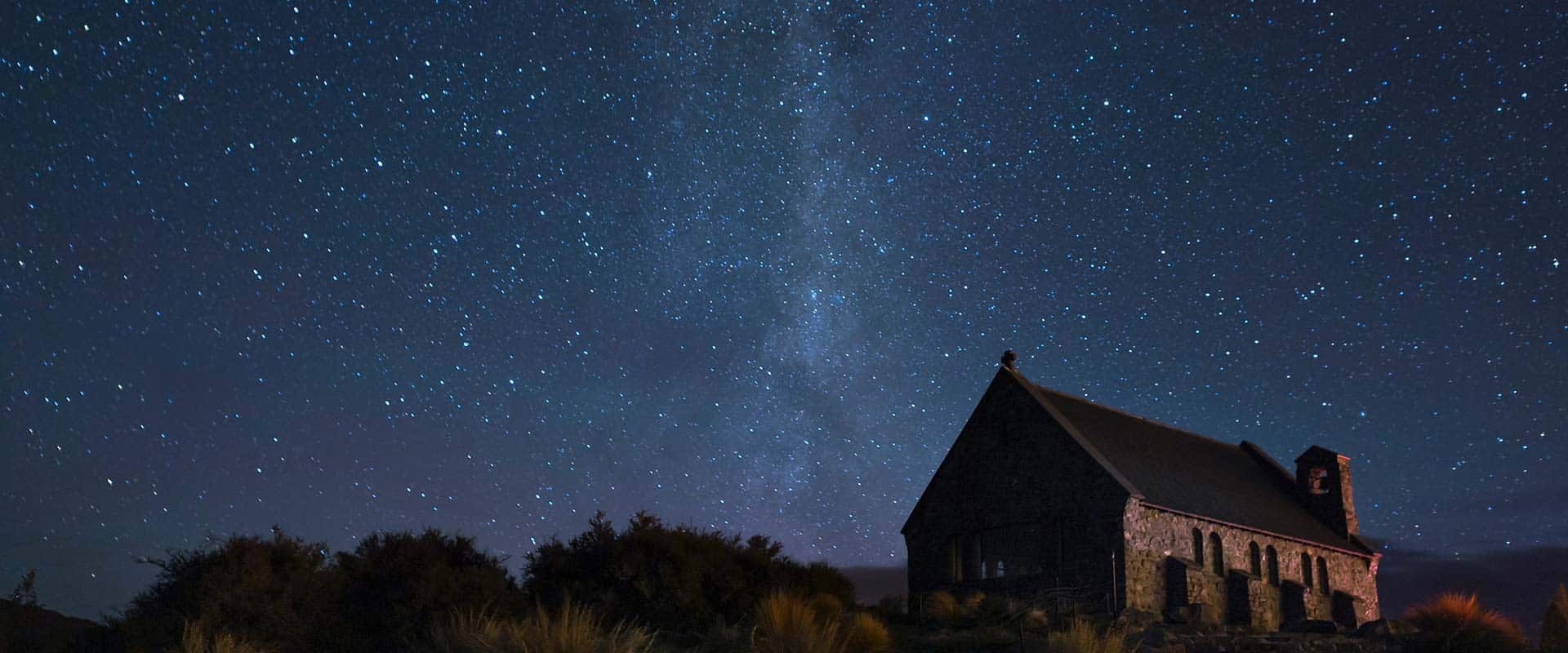Live Expert Q&A: Adaptation Pathways & Decision-Making for Natural Hazard Resilience
Adaptation to natural hazards is essential for our communities and infrastructure facing the recurring effects of disruptive natural hazards. When it comes to mitigating these impacts, decision-makers have to navigate considerable institutional, professional, and political risks.
In May 2024, the Resilience to Nature’s Challenges symposium Te Tai Whanake – Growing a stronger, more resilient Aotearoa started to address questions like: What does adaptation look like in different contexts? How sure are we? How much will it cost, and who pays? What should we prioritise? What arrangements or capability would improve a whole-of-nation approach to assessing and managing our significant natural hazard risks? And how can the latest research findings and tools support communities and government through the complexity of adaptation decisions?
Some of our symposium panelists made themselves available for a Q&A webinar, so we could continue these important discussions and answer live questions from attendees.
Webinar Speakers

Nick Cradock-Henry
Principal Social Scientist/Social Science Programme Leader - GNS Science Te Pū Ao
Nick is a Principal Social Scientist in the GNS Science Environmental Social Science team. His research focuses on social-ecological system dynamics, with a particular emphasis on rural landscapes at multiple scales and across several research themes. This includes work on risk and resilience, and the impacts of earthquakes and other hazards on rural communities, agribusinesses and rural value chains (wine, kiwifruit, and dairying); climate change vulnerability and adaptation; and governance for sustainability outcomes. He is Regional Coordinator for the Earth System Governance project, and co-lead of the Resilience, Policy and Governance Resilience Challenge programme.

Judy Lawrence
Adjunct Professor - Climate Change Research Institute
Judy is Adjunct Professor at the Te Herenga Waka Victoria University of Wellington's Climate Change Research Institute, Director of PS Consulting Ltd and a Climate Change Commissioner. Her research focuses on usable science for decision making on climate change adaptation for sea-level rise, coastal hazards, flooding and 3 waters with central, local and regional governments and global networks.

Lara Taylor
E Oho! Awakening Aotearoa; Ngāti Tahu, Te Arawa, Ngāti Pāhauwera, Ngāi Tahu ki Murihiku.
Lara is a descendant of Papatūānuku, and a māmā herself of two beautiful tamariki. Lara was privileged to lead a RNSC project in the Whanake Te Kura i Tawhiti Nui (Māori) theme. The research focused on assessing whether the Resource Management system is fit for OUR purpose (Māori resilience), and the implications of RM reforms on resilience for Māori communities. Key findings include the need for further reform or transform of the system itself, to be more fit for OUR purpose - by enabling E Toru Ngā Mea (three things): rangatiratanga, mātauranga, and tikanga a iwi/hapū/whānau. In terms of key RM and Māori resilience themes, three emerged which all relate to Māori (iwi, hapū, whānau) security and sovereignty: food, water, and energy. Lara encourages the audience to engage with the research findings, and to use and disseminate the research widely, to amplify impact and promote greater on-the-ground, place and people-based partnerships and initiatives that honour Te Tiriti and the value and benefits of both te ao Māori and other worldviews and knowledge systems.

Wendy Saunders
Principal Advisor - Natural Hazards Commission Toka Tū Ake
Dr Wendy Saunders is a Principal Advisor and the Champion of Land Use Planning at the Natural Hazards Commission (NHC) Toka Tū Ake. She is a specialist in risk-based land use planning for natural hazards risk reduction, with over 20 years experience in policy development, implementation, and development of guidance. She provides support to decision makers for all natural hazards, including the impacts of climate change. Recently Wendy has been advising Ministry for the Environment on their national direction for natural hazards, developing and implementing the NHC risk tolerance framework, and submitting on various plans across the country, and new legislative bills. Prior to joining NHC, Wendy was based at GNS Science and was part of the Resilience Challenge's Matauranga Māori research programme, where she researched the role and influence of iwi management plans in hazard management.

Akuhata Bailey-Winiata
PhD Candidate - University of Waikato; Ngāti Whakaue, Tūhourangi, Ngāti Tutetawhā, and Ngāti Tāwhaki.
Akuhata is a PhD candidate at the University of Waikato. His PhD is focused on developing climate change adaptation strategies that support and empower Māori communities to respond to coastal flooding with sea level rise. Akuhata’s PhD research was inspired by a need to flip the negative narrative of climate adaptation, to an empowered view of transformative opportunity for Indigenous communities. His research looks to the past to understand how to move forward, gaining inspiration and mātauranga (knowledge) from our tūpuna (ancestors), who have a rich history of adaptation and relocation due to environmental and anthropogenic changes. Akuhata is also a climate and natural hazard scientist at Pattle Delamore Partners (PDP) based in Tauranga, Aotearoa New Zealand where he is puting his research into practice to support Māori communities to plan for their climate changed futures and support them in identifying adaptation pathways that work best for them.

Sarah Beaven
Senior Lecturer - University of Canterbury
Sarah is a Senior Lecturer in Disaster Risk and Resilience at the University of Canterbury, and co-director of the Disaster Risk and Resilience programme in the School of Earth and Environment. Her research is concerned with disaster risk governance and decision-making over time, and the theory and practice of managing the effects of institutional misalignments on interdisciplinary and cross-sector collaborations.

Tom Fitzgerald
Regional Adaptation Lead - Wellington Regional Leadership Committee Wellington Regional Leadership Committee
Tom has over 20 years’ experience in the environmental and resource management sector in Australia, New Zealand and the United Kingdom. He has acted as a consultant, for various levels of government, and for the not-for-profit sector in both start-up and operational capacity. Tom is a natural hazard and coastal adaptation policy specialist and has worked with organisations to research and develop strategy, socialise and collaborate with partners, stakeholders and citizens, and guide effective implementation. He co-founded the Aotearoa Climate Adaptation Network (ACAN), a network designed to share best practice between practitioners on the ground, doing the doing. Tom has recently taken up a position at the Wellington Regional Leadership Committee as the Regional Adaptation Plan Project Lead.
